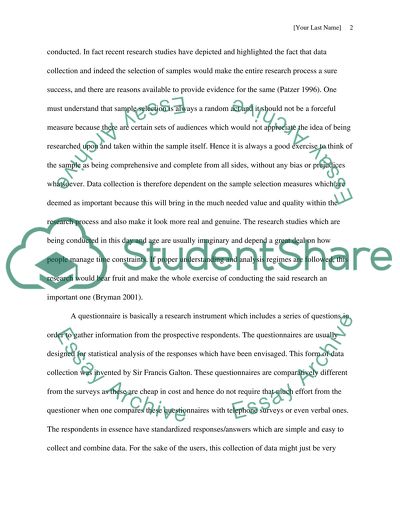Cite this document
(“The quantitative questionnaire method versus the qualitative focus Essay”, n.d.)
Retrieved from https://studentshare.org/environmental-studies/1405706-the-quantitative-questionnaire-method-versus-the
Retrieved from https://studentshare.org/environmental-studies/1405706-the-quantitative-questionnaire-method-versus-the
(The Quantitative Questionnaire Method Versus the Qualitative Focus Essay)
https://studentshare.org/environmental-studies/1405706-the-quantitative-questionnaire-method-versus-the.
https://studentshare.org/environmental-studies/1405706-the-quantitative-questionnaire-method-versus-the.
“The Quantitative Questionnaire Method Versus the Qualitative Focus Essay”, n.d. https://studentshare.org/environmental-studies/1405706-the-quantitative-questionnaire-method-versus-the.


